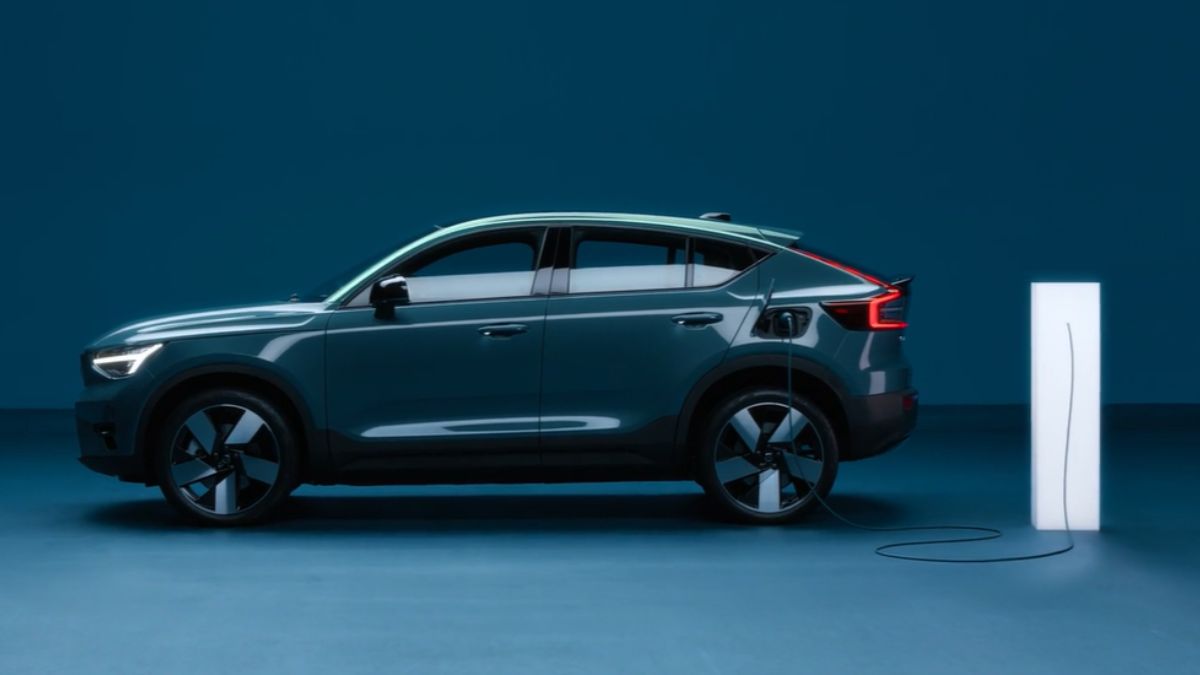- By Divanshi Sharma
- Fri, 13 Oct 2023 05:27 PM (IST)
- Source:JND
Volvo India has announced that it will be increasing the prices of its C40 Recharge EV model. The C40 Recharge was recently launched at an introductory, ex-showroom price of Rs 61.25 lakh and will now be available at a price tag of Rs 62.95 lakh (ex-showroom). The brand has already received bookings for over 100 units of the Volvo C40 Recharge.
Volvo’s EV line-up in India comprises the XC40 Recharge and the newly launched C40 Recharge. Both these EVs are being locally assembled at Volvo’s Hoskote plant in Bengaluru, Karnataka. The C40 Recharge directly competes with other EV segment leaders like the Kia EV6 and Hyundai Ioniq 5. Interested buyers can exclusively buy the C40 Recharge on Volvo’s official website by placing an order for a refundable amount of Rs 1 lakh.
ALSO READ: Volvo C40 Recharge: Five Things You Need To Know About Volvo’s Second Fully Electric Vehicle
Volvo C40 Recharge - Design
The Volvo C40 Recharge features iconic design elements like Thor's Hammer LED headlamps, coupe roofline and draws some styling cues from the Volvo XC40 Recharge. Volvo C40 Recharge is available in eight different colour options: Black Stone, Fusion Red, Thunder Grey, Fjord Blue, Silver Down and Crystal White, Sage Green, and Onyx Black.
Volvo C40 Recharge - Performance
The Volvo C40 Recharge is built on the Compact Modular Architecture (CMA) platform with two electric motors that churn out a combined power output of 408 bhp and 660 Nm of torque. The C40 Recharge is fitted with a 78kWh battery that offers a WLTP claimed driving range of 530 km after being fully charged. The Volvo EV can accelerate from 0-100 km/h in just 4.7 seconds and can achieve a top speed of 180 km/h.
ALSO READ: Volvo To Become All-Electric Carmaker, To Stop Production Of Diesel Cars By Early 2024
In recent news, Volvo has announced that it will stop the production of all diesel cars by early 2024 as it aims to become an all-electric car manufacturer. Volvo plans to make its entire vehicle line-up fully electric by 2030.

